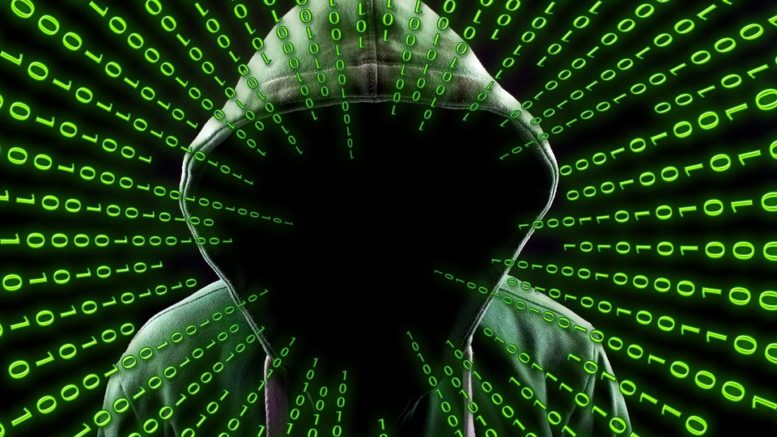A Private key is a string of letters and numbers that allow bitcoin and other crypto currencies to be spent. Every time you spend or receive a currency, the wallets that are a part of the transaction will generate a private key. This private key is mathematically tied to your wallet and your transactions.
Private vs Public Keys
There are public and private keys in the crypto world. The public keys can also be referred to as your address, the same address that you give to people to send you currency. It’s okay to blast your public key to anyone and everyone. But if someone were to get a hold of your private key, they would have access to your funds. It’s important to keep your private keys in a safe place if you export them from your wallet.
Why you should know how to access and organize your private keys?
Like many people, I used to brush off the notion of private keys and passphrases because I was able to send and receive bitcoin without knowing what a private key was. But then, when bitcoin split, I had an opportunity to get free bitcoin cash but I had to know my passphrase or private key. I had no idea what my passphrase was but I knew I could extract my private key somehow. A lot of people think you have one private key just like your public key when in reality a new private key is generated for every transaction and you can request as many new public keys as you want.
With that being said, when it was time for me to claim my Bitcoin Cash, I exported my private keys thinking it would be one key and everything would be easy. The export file contained 23 private keys, which meant I had 23 previous withdraw or deposit actions on that wallet. I had to test every single private key until I found the key that was associated with my wallet at the time of the blockchain split. (You can only claim a new, split, bitcoin currency if you are holding bitcoin at the time of the blockchain snapshot/split) All of the private keys that were generated after the split were useless as far as claiming Bitcoin Cash. It was a daunting task but as soon as I reached the middle of that list, I found the proper private key.
Don’t confuse your private key with your passphrase!
Your private key may look something like this:
E9873D79C6D87DC0FB6A5778633389F4453213303DA61F20BD67FC233AA33262
Your 12 word passphrase may look like something this:
deal flag truck phone space duck layout song zebra candy phone river
Both of these should NEVER be shared with anyone or stored on any type of computer that is connected to the internet for safety purposes. An active wallet that occasionally sells and sends currency should have multiple private keys. There should be a private key for every transaction. Every wallet should have only one passphrase. You should be able to insert your passphrase into the same wallet on any computer to access your funds, which means ANYONE with your passphrase can enter it into the same program on ANY COMPUTER, ANYWHERE in the world and have full access to your funds.

Be the first to comment on "What are private keys and why are they important?"